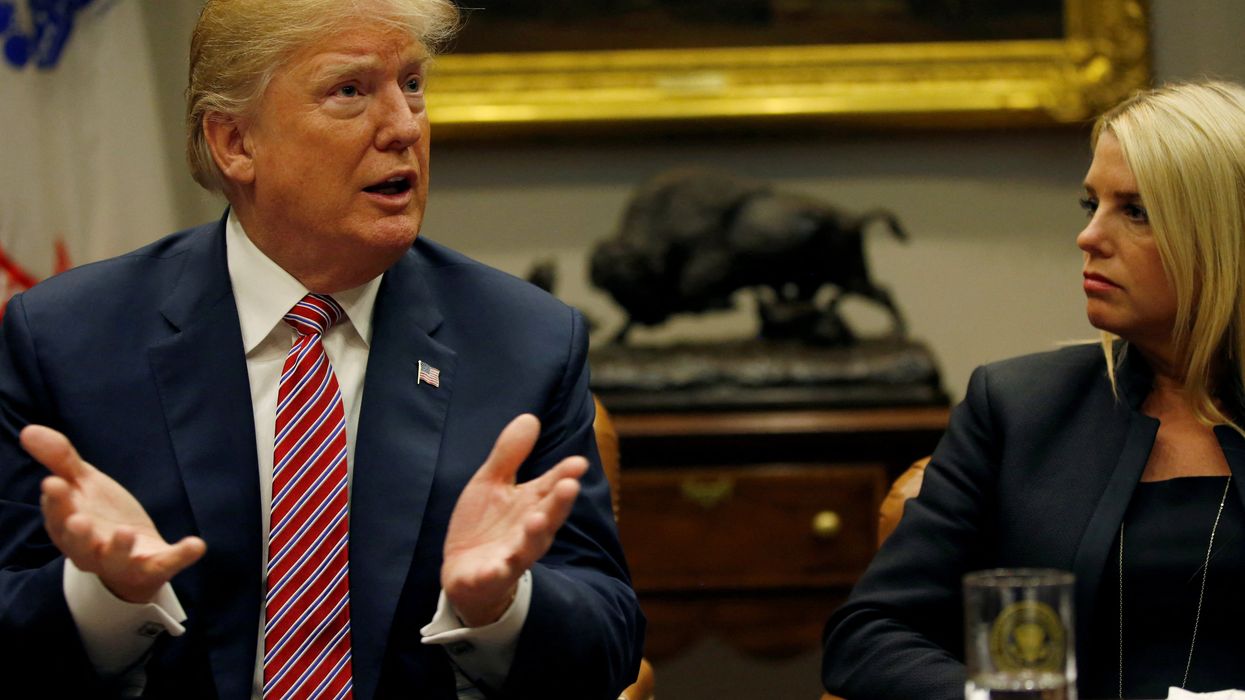Nobel Prize-winning economist Daron Acemoglu — who’s studied long-term “growth and stagnation” throughout his career — on Sunday offered “creative” insight into the “consequences” of the 2024 presidential election, writing in the Financial Times that the United States’ “decline” over the next two decades could come “as a surprise to most.”
Imagining himself as a historian looking back on the US in 2050, Acemoglu writes:
Historians and journalists have been debating what happened ever since. Some focused on the economic policies of Donald Trump’s second term: tariffs on allies that, after some back-and-forth, started a global trade war that damaged rather than helped US manufacturing and caused a spike in inflation; and further tax cuts for corporations and high-income Americans that increased the federal debt from an already massive $36tn to more than $50tn.
Others saw the “government-tech complex” that emerged in Trump’s second term as the real culprit. With all AI and cryptocurrency regulations lifted and the Trump Department of Justice declaring that it would not apply any antitrust pressure, the tech industry consolidated further and a few mega-corporations came to dominate the entire sector. This not only slowed down new useful innovations, but laid the seeds of the big tech crash of 2030, when trillions of dollars were wiped off the economy as it became clear that most of the huge investment in AI wasn’t paying off.
Acemoglu imagines a scenario whereby Trump’s creation of the Department of Government Efficiency (Doge) doesn’t “do much to improve the business environment or competitiveness,” but instead "further [weakens] oversight of corruption.”
READ MORE: 'I don’t know what to tell you, boo': Michael Steele ridicules suckered MAGA fans
“None of these explanations [are] sufficient to account for the sudden, unexpected decline” of the nation," Acemoglu writes. Instead, he warns, it’s the “crumbling of American institutions” that could most affect US global standing in the long run.
As the economist notes, “Stability requires that people trust institutions, and institutions become more likely to fail when people think they are failing.”
Noting “the cracks were visible long before Trump was first elected in November 2016,” Acemoglu describes Trump as “in many ways a symptom of those troubled times.”
“Voters can be gullible,” Acemoglu writes. “But their willingness to support outsiders, often with very little preparation or qualification for national office, correlates with deep discontent with the existing state of affairs and a belief that the system needs to be shaken up.”
READ MORE: The Boogeyman isn’t living under MAGAs' beds — he is actually the person sleeping in them
Read the full essay at the Financial Times.


